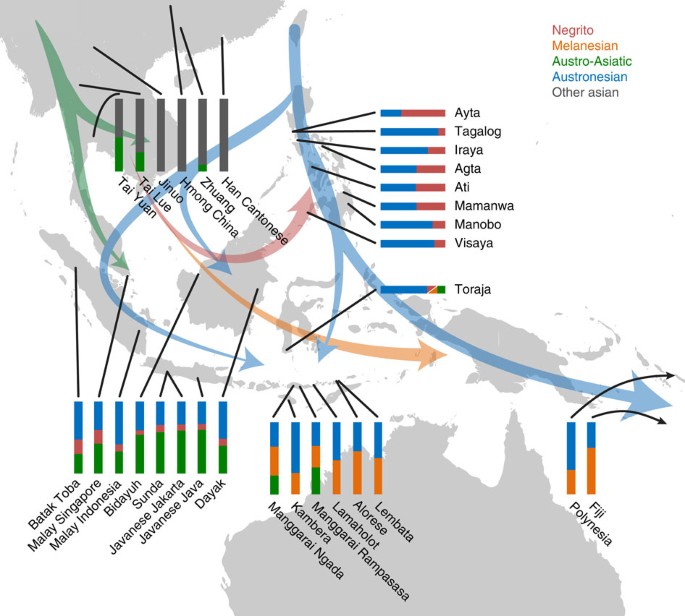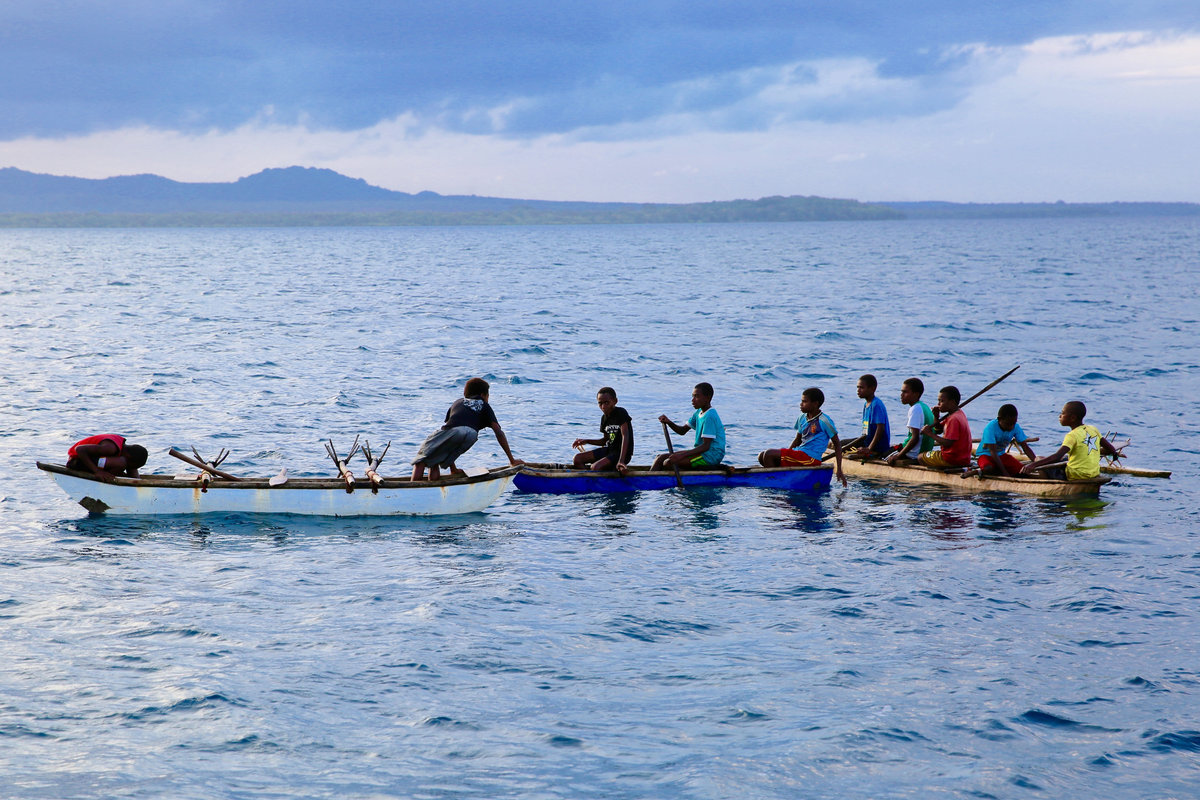Seriously, what's the real reason Polynesians were never able to colonise Australia? I don't think a climatic argument or a geographical one makes any sense. If you can cross the Pacific, you can cross the Tasman. The Kermadec Islands and Norfolk Island had Polynesian presence. Since it's overwhelmingly likely Polynesians reached South America even, I find it extremely unlikely that they didn't at least land in Australia a few times and then bail.
Climate doesn't make sense either, since the East Coast of Australia is reasonably wet and is subtropical from Wollongong up. Unlike New Zealand where things like Taro only really grow in the far north, Australia has a decently-sized stretch of truly tropical and wet coast in today's North Queensland (look at Mackay, Yeppoon or Tully) that's known for cane farming today (good enough soil). I don't see why Polynesians couldn't bring their entire agricultural package here if they wanted to. The locals, while very primitive by Eurasian standards, were boating around and trading baubles, so if anything Polynesian innovations would've actually been useful in that landscape.
Why didn't Polynesians ever set up shop there or leave any detectable influence? The only reason I can think of is that they tended to have small founding population sizes and only really colonised places that were already uncolonised (so, all of Polynesia). Maybe the aborigines would have overwhelmed any Polynesian attempts at settlement because of this. But even then, why did Polynesians not seem to have actually historically bothered with Australia and left a tiny amount of influence/evidence? Nothing is really stopping them from coming and trying. If they had even left pigs or rats here it would have been very noticeable.
Climate doesn't make sense either, since the East Coast of Australia is reasonably wet and is subtropical from Wollongong up. Unlike New Zealand where things like Taro only really grow in the far north, Australia has a decently-sized stretch of truly tropical and wet coast in today's North Queensland (look at Mackay, Yeppoon or Tully) that's known for cane farming today (good enough soil). I don't see why Polynesians couldn't bring their entire agricultural package here if they wanted to. The locals, while very primitive by Eurasian standards, were boating around and trading baubles, so if anything Polynesian innovations would've actually been useful in that landscape.
Why didn't Polynesians ever set up shop there or leave any detectable influence? The only reason I can think of is that they tended to have small founding population sizes and only really colonised places that were already uncolonised (so, all of Polynesia). Maybe the aborigines would have overwhelmed any Polynesian attempts at settlement because of this. But even then, why did Polynesians not seem to have actually historically bothered with Australia and left a tiny amount of influence/evidence? Nothing is really stopping them from coming and trying. If they had even left pigs or rats here it would have been very noticeable.
Last edited:


